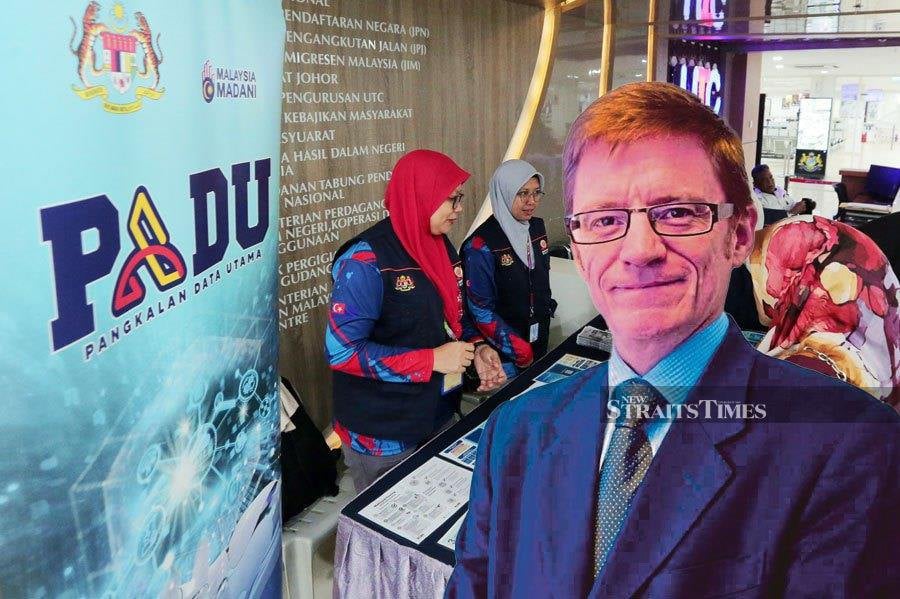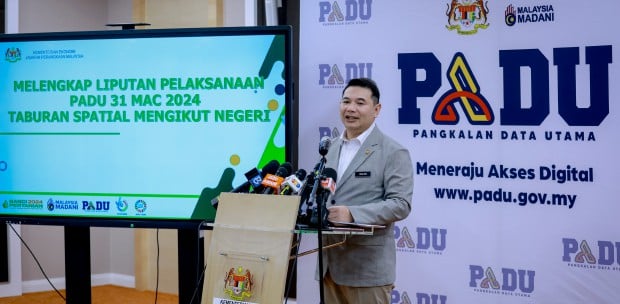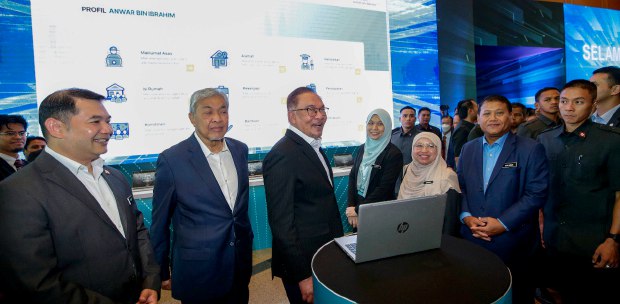KUALA LUMPUR: An economist has commended the government's savvy move to develop the Central Database Hub (Padu) in-house, hailing it as a timely and cost-effective decision that deserves recognition.
Professor of Economics, Geoffrey Williams from the Malaysian University of Science and Technology praised the civil servants involved behind the project for their rapid development that took less than a year to complete.
"It would not have been possible if the task had been outsourced to external consultants or contractors," he said during an interview on NST's Beyond the Headlines.
Procuring a system from a consultant, he said, often requires extensive training for in-house personnel and any future modifications, expansions, or troubleshooting would entail reliance on external expertise.
"In contrast, having a cadre of civil servants who were involved from the system's inception adds a significant advantage not just in terms of cost effectiveness, but also expertise and adaptability," said Geoffrey.
This echoed Economy Minister Rafizi Ramli's emphasis that the infrastructure did not need to rely on new tenders to private entities.
https://www.nst.com.my/news/nation/2023/12/995027/rafizi-denies-allegati...
Geoffrey added Padu carries potential cross-functional collaboration between ministries and knowledge transfer that would benefit the government in the long run, offering invaluable insights into the socio-economic standings of the populace.
"It is a transformative tool for socio-economic analysis, with the potential to provide a comprehensive picture of the country's economic landscape by mid-year, in time for the next budget tabling.
"The government can have a full scale social protection system in place to be launched in 2025, where we would then have a good picture of the socio-economic standings of every pocket of the community," he said.
While acknowledging the validity of concerns raised about data security after the system's recent launch, Geoffrey however, argued that the government provided a swift response by taking action to address the issues.
"This is the pilot phase and we have three months for people to sign up. In that time, it is normal to test a system like this as often as you want to iron it out."
He also added that despite the friction, Padu's success can already be attributed with more than one million people already signed up "in a very short period of time."
Follow the full discussion in the latest episode of Beyond the Headlines…





